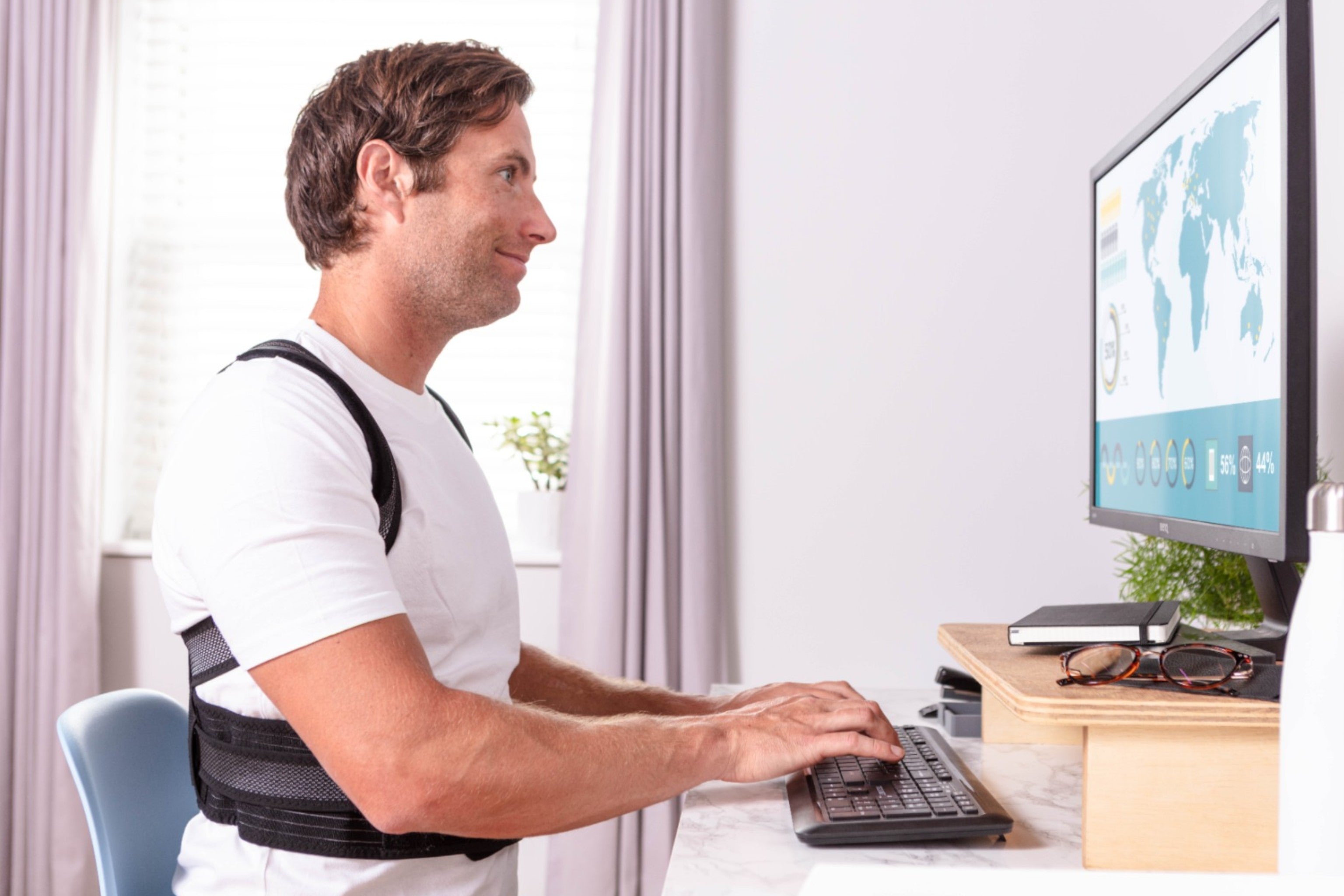Even if most people are now working from home, burnout can still be experienced.
According to the World Health Organisation, burnout is “a syndrome conceptualised as resulting from chronic workplace stress that has not been successfully managed. It is characterised by three dimensions:
• feelings of energy depletion or exhaustion;
• increased mental distance from one’s job, or feelings of negativism or cynicism related to one’s job;
• reduced professional efficacy."
Chronic aches and pain are also very common during burnouts. High levels of stress over a prolonged period can cause the muscles to sit in an ongoing state of heightened tension (stress-related tension). This also encourages tension headaches, poor posture, back, neck and shoulder pain as well as further mental stress.
To prevent feelings of burnout, here are three preventative measures that you can follow:
Find a balance between work and personal life.
Sharing the same space for both working and non-working hours could make you work more than you should, leading to exhaustion and the feeling that you can never fully disconnect from your professional life. Silencing notifications, implementing working hours and getting some fresh air to create a separation between the end of your workday and the beginning of your home time could all be solutions to establishing when to work and when to relax.
It is important to find ways to relax both the body and mind.
Remember that sitting in the garden in the sun thinking stressful thoughts about work will create the same physical stress reactions as if you were there. Practising a form of meditation or seeking help to switch off and be present when not at work off has proven to be very helpful in fully relaxing.
Focus on what you love most about your job.
If you’re struggling and feeling overwhelmed with your work tasks, take a moment to think about the aspects of your job that you enjoy the most. If you’re lacking creativity, take time to do some research and brainstorm ideas that stem from your favourite side of work. Take a moment each day to turn off all notifications and simply focus on finding inspiration.
Communicate, communicate, communicate.
Working from home does not mean working alone. Just because you’re not physically surrounded by co-workers, it doesn’t mean that you don’t have a support network around you, ready to help when needed. However, it’s important to remember that they cannot see you in real time, therefore it might be difficult for people to notice if you’re struggling, which is why it’s vital that you communicate effectively with co-workers and express your concerns.
Remember to look after yourself and respect your work/home boundaries even when remote working. Be aware of the possibility of burnout and how to avoid it, and you will be able to control your health and career even more than you were before.


